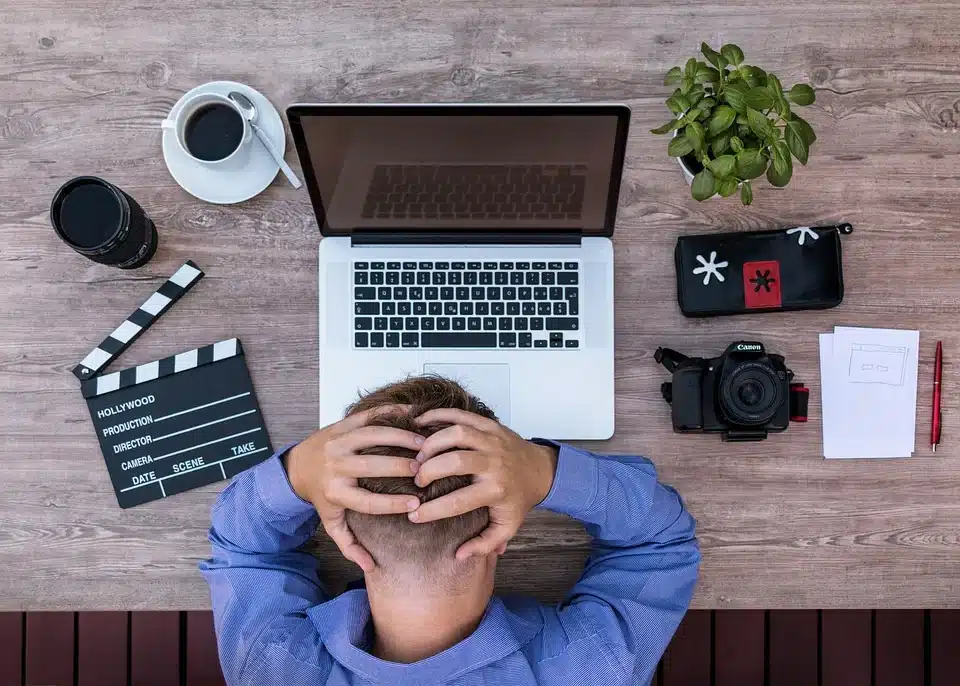8 Side Effects of Drinking Too Much Coffee
Coffee Queries is reader-supported. When you buy through links on our website, we may earn an affiliate commission. Learn More
People love starting their day with a hot cup of coffee, to give them a kick start in the morning. Our dependency on coffee is increasing by the day, with people craving the boost of energy coffee provides. However, drinking too much coffee does more harm than good. Here, we will be discussing the repercussions of drinking too much coffee and talking about whether coffee is addictive.
Hazards of Drinking Too Much Coffee
The drawbacks of drinking too much caffeine have made a lot of people switch towards decaffeinated coffee. Here, we will be discussing all these problems in detail.
Coffee Causes Insomnia
Caffeine is a stimulant that gives coffee its characteristic ability to keep one awake. However, there is a set ceiling to the amount of caffeine you can consume per day. According to the U.S Food and Drug Association, a healthy, middle-aged adult can consume about 400mg of caffeine per day. This is about 4-5 cups of coffee. It should be noted though, that this amount is not for children. The FDA has not set an amount for children, and the American Academy For pediatrics, advises against giving children caffeine at all.

Another thing to consider is the age of the consumer (adult), which plays an important role in the effect caffeine has on your body. The amount of caffeine a person can take is based on his genes, and it’s also true that older people are more affected by caffeine than people in the early years of their life.
So, how does caffeine cause insomnia?
First, caffeine hampers the circadian rhythm which controls our sleep cycle. The circadian rhythm is a 24- hour biological clock in the body, which decides when the body needs to rest. Naturally, the body should start to feel sleepy after 12 years, and go to bed before the 24 hours are over. In contrast, with the incessant consumption of caffeine, you can stay awake for days.
Secondly, caffeine stops adenosine receptors present in our brain which stimulate sleep. Adenosine is a hormone that is constantly produced in our brain during waking hours. Once the adenosine buildup exceeds a certain amount, you start to feel exhausted, and sleepy. Inhibiting these adenosine receptors will make you insensitive to the sleep hormone.
Insomnia is the most common effect of drinking too much coffee, and if you’re experiencing it, the first thing you should do in an ideal situation is to quit coffee. However, giving up caffeine entirely may make matters worse due to a person’s dependency. Instead, lower your caffeine intake significantly, and avoid coffee before bed. Slowly, your sleep cycles should return to normal.
Coffee Increases Heart Rate and Blood Pressure
Caffeine in coffee has been proved to raise blood pressure, and heart rate after consumption. Caffeine triggers the production of adrenaline, or epinephrine, in the blood. Adrenaline prepares the body for a fight and flight response and increases the heart rate to prepare the body for the increase in oxygen demand it will encounter. During exercise, this is beneficial, but no extra oxygen is needed in this case.
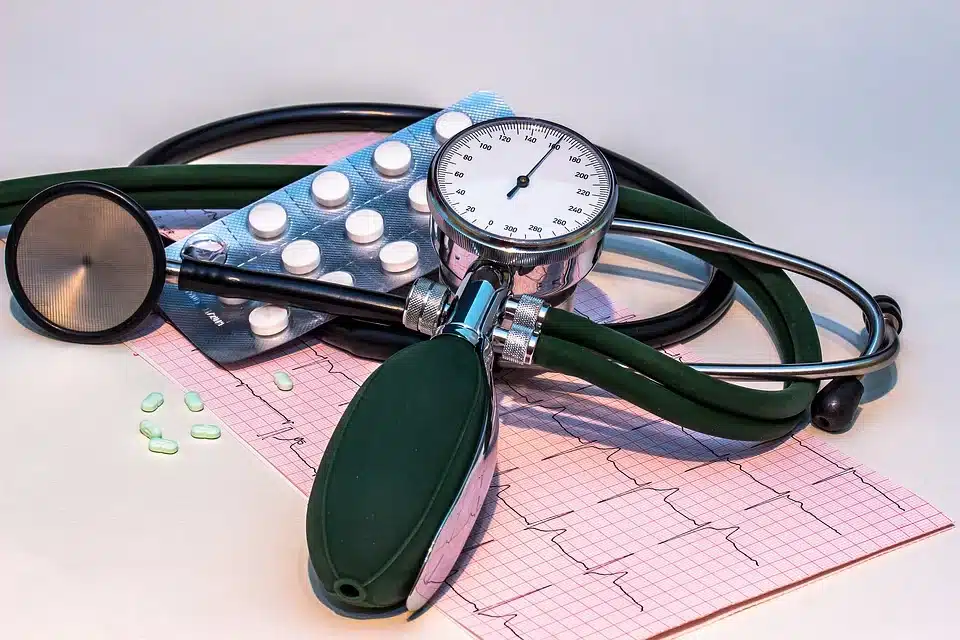
Caffeine stirs up enzymes concerning the contractions of the heart, which makes the heart beats faster, and pump blood vigorously around the body. The effect is usually temporary, therefore, no prolonged risk is present. Nonetheless, drinking too much coffee can make this situation take a serious turn. This is extremely important for people that suffer from abnormal heart rhythms. The spike in heartbeat can lead the heart to skip beats in between.
An increase in blood pressure is another harm of drinking coffee in excessive amounts. The first reason for this is the increase in heart rate, discussed above. The second widely believed reason is that caffeine blocks a hormone that keeps your arteries dilated.
To check if caffeine is causing an increase in blood pressure, perform a little test. Take your blood pressure, and heart rate before you consume a cup of coffee. Don’t perform any exercise so the strenuous workout doesn’t have any effect on the results. Caffeine reaches peak performance 15 minutes after it is consumed. You should measure your blood pressure, and heart rate again.
If a change is observed, you need to avoid coffee.
Coffee Increases Risk of Heart Disease
One way coffee increases the risk of heart disease is by raising the heart rate and blood pressure in a person. However, there are even more concerns regarding the matter.
Unfiltered coffee is said to increase the risk of coronary heart disease, as it spikes the amount of cholesterol and fat in your body. In healthy people, regular caffeine consumption can lead to a reduced risk of diabetes. However, in people that already suffer because of the issue, caffeine can further mess with the sugar level of the body.
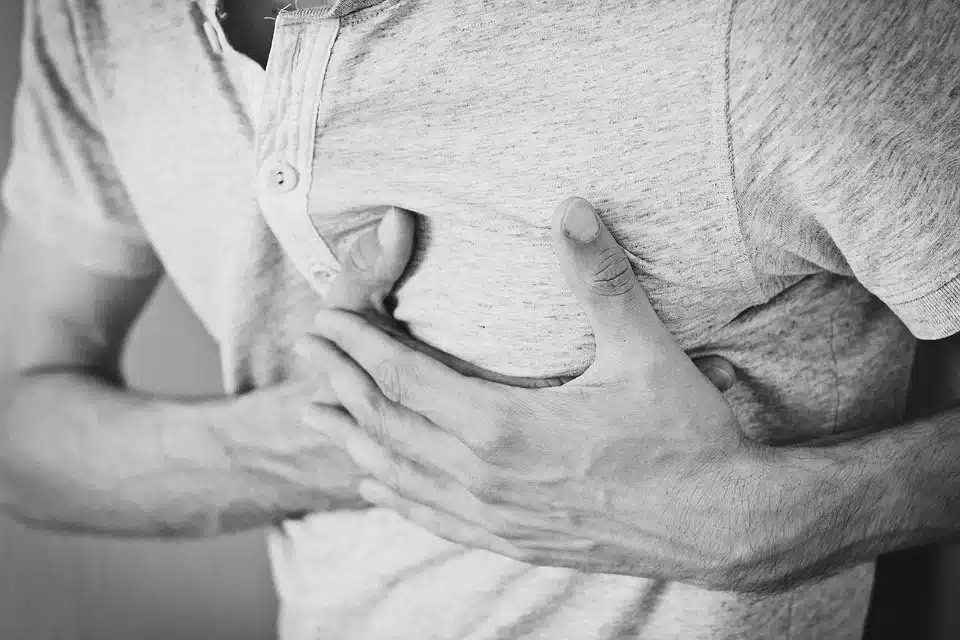
Caffeine also affects the insulin control of the body, though this claim needs further research. Regardless, people with diabetes should avoid exceeding their caffeine intake from the prescribed limit. 200 milligrams of caffeine is the most, and even then, the body can have difficulty decreasing the blood sugar level.
Coffee Invites Digestive Problems
Caffeine affects all the systems of the body and makes them function faster than needed. It stimulates the secretion of bile, hydrochloric acid, pancreatic juice in the stomach. This is also because of adrenaline, stimulating the body to release more glucose. However, this spike in digestive functions leads to frequent visits to the restroom. Overconsumption of coffee can also lead to diarrhea in extreme cases. Another disadvantage of drinking too much coffee is the fact that it can aggravate the symptoms of bowel syndrome.
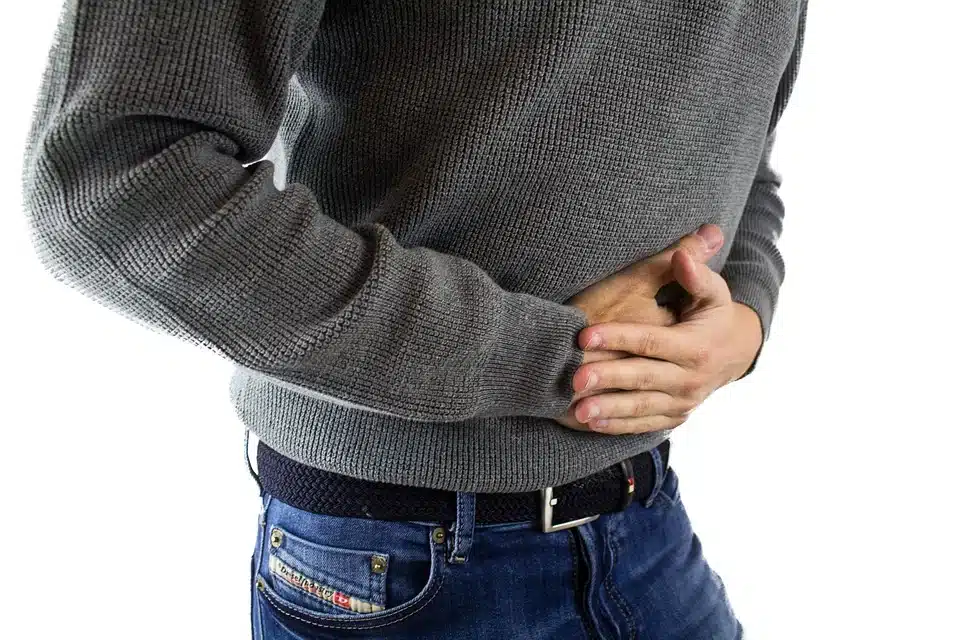
Coffee can also create problems for bladder control, and it won’t be a surprise if you feel you need to urinate all the time. This can lead to calcium deficiency because the calcium will leave your body with the urine.
If you must consume coffee never do it on an empty stomach. The influx of acids released in the stomach because of the coffee can make you feel nauseous and sickly. The acids can also eat away at the wall of the stomach, and cause ulcers. Heartburn is another safer but annoying repercussion of drinking coffee on an empty stomach.
Coffee Causes Anxiety
Daily, and overconsumption of coffee can make a person anxious, and can even trigger an anxiety attack. The caffeine as mentioned earlier blocks the adenosine receptor and promotes adrenaline release. Coffee increases cautiousness and alertness causing rapid breathing, and fast heartbeats which will make a person shaky. Ultimately it increases stress levels, which sets off anxiety attacks. If you suffer from anxiety, or if coffee seems to disturb your mind, it is highly recommended you stop coffee consumption entirely, or at least switch to decaffeinated coffee.
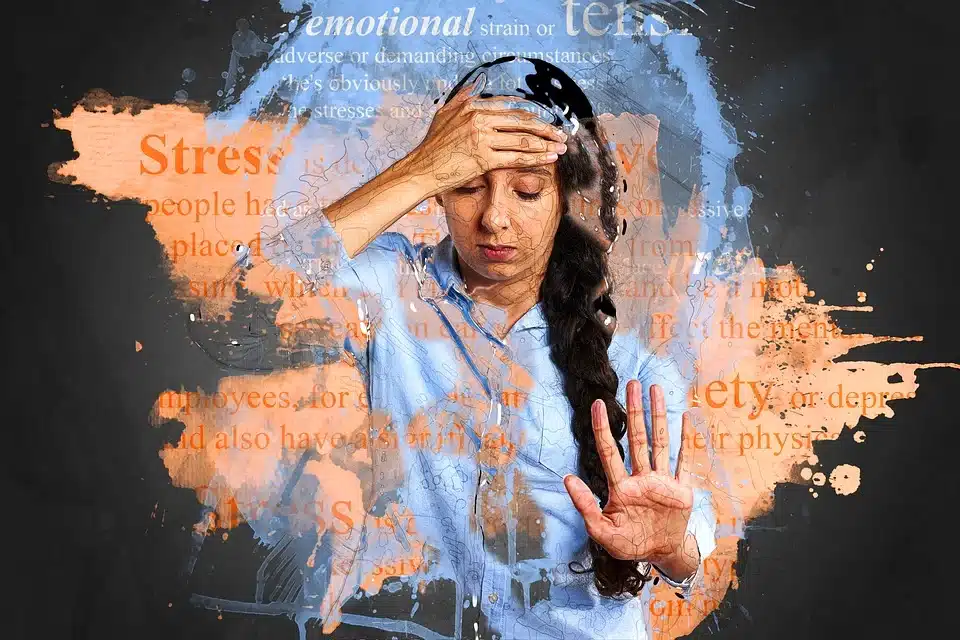
According to the US Food and Drug Association, a cup of regular coffee has about 80-100mg of caffeine, while a cup of decaffeinated coffee has caffeine somewhere between 2-15mg. This is a significant decrease.
Coffee Causes Headaches and Migraines
People drink coffee to get rid of pounding headaches, but excessive consumption does the opposite of what they want to achieve. Caffeine narrows the vessels in the brain, and when the effects of it wear off the vessels dilate back to their original form. Blood rushes to the brain due to the low pressure generated, and the high pressure of the blood causes a headache. If you drink too much coffee, it will keep you from sleeping. Ultimately, sleep deprivation can cause severe headaches too.
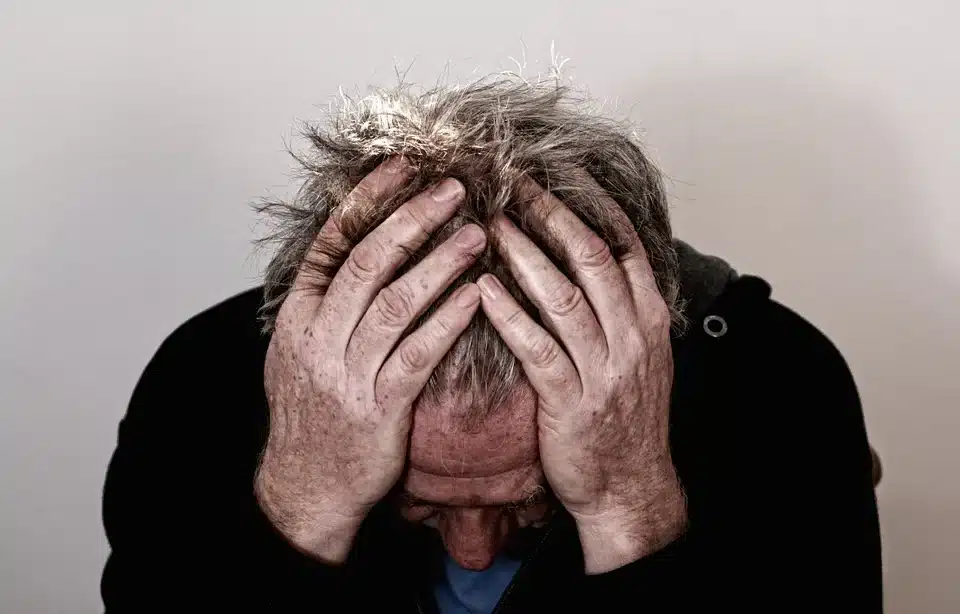
Caffeine Increases Period Pain
Consuming coffee while on periods can make matter worse, even though the warm brew may feel relaxing. The caffeine shrinks our blood vessels and increases the cramps and the intensity of the pain. In addition, coffee causes bloating.
We advise against the brew when on your period.
Drinking Too Much Coffee May Cause Muscle Breakdown
One of the rare drawbacks of drinking coffee in excessive amounts is muscle breakdown. While cases of these have been reported, they are extremely rare and occur at extremely high intakes of coffee. A woman that experienced the issue, drank about a liter of coffee a day.

Is Coffee Addictive?
This question is often asked, and people have different views on the matter. However, there is no denying it, even if caffeine does not cause addiction in the same way as other drugs do, it without a doubt creates a dependency on the consumer. According to multiple studies, and surveys conducted, people consuming coffee regularly, had difficulty performing without it.
Some people on the other hand claim coffee is addictive because it does not have withdrawal symptoms. Whatever the case may be, the effects of drinking too much coffee to stay energetic aren’t worth it. The truth is, coffee might push you through times, but it can never get rid of the exhaustion. The moment the effect of caffeine wears off, the mind will be unable to function.
This will make the consumer drink another cup of coffee, and the entire cycle will repeat itself. Slowly, the body will become tolerant to the caffeine, and the consumer will have to increase his dose of caffeine to overcome this. This is a vicious cycle that only increases the consumer’s dependency on the brew, and increases the caffeine consumption to the point where it becomes dangerous.
Coffee in moderated amounts is actually beneficial to the body. You can check out our article on that here- Benefits of Coffee

Conclusion
There is nothing wrong with having a delicious cup of coffee after a tiring day, or a cup of coffee in the morning for a boost of energy. The catch is that coffee is consumed in a moderate amount. If you feel like your intake has increased than normal, it is best to switch to decaffeinated coffee. Decaffeinated coffee contains caffeine too, however, in very little amounts. You’ll be able to enjoy your favorite brew, without having to worry about the after-effects.
